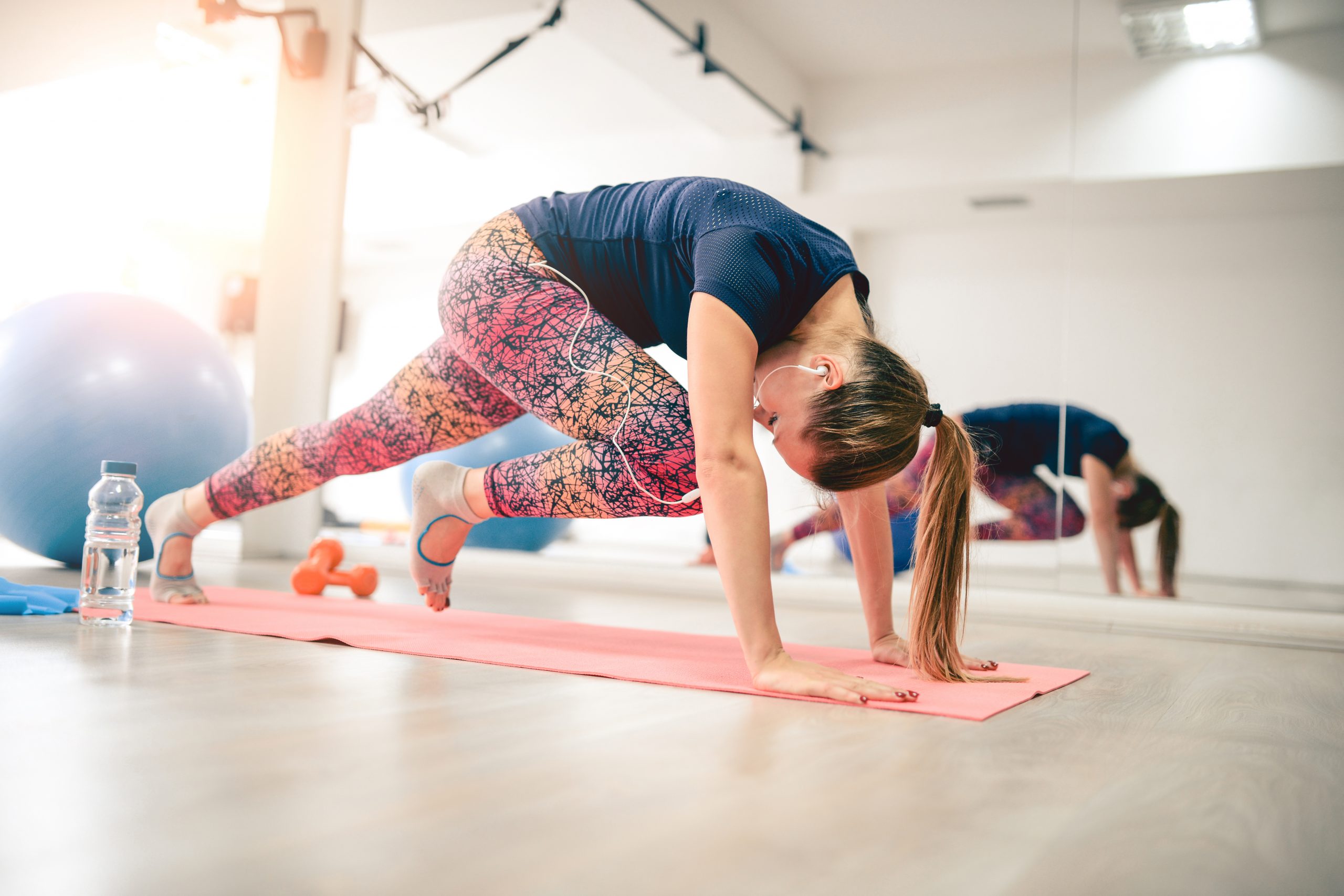How to increase your fertility
Lifestyle plays an important role when it comes to female fertility.
By taking care of yourself, you can increase your fertility and your
chances of getting pregnant.
The scientific team of Cryos, the first independent sperm and egg bank in Cyprus, outlines seven tips to increase female fertility:
1 – Age
Age plays an important role in relation to female fertility. Not surprisingly, a woman’s fertility decreases with age. Women in their twenties and early thirties have the best chances of becoming pregnant. Therefore, if possible, you should consider trying to get pregnant at these times.
2 – No smoking
Smoking has a negative effect on fertility, and women who smoke reach menopause earlier than the average woman. Additionally, smoking increases the risk of miscarriage. Therefore, quitting smoking can have a positive impact on fertility and the ability to have children. Also, try to avoid passive smoking.
3 – A healthy weight and diet increases fertility
Being either overweight or underweight can have a negative impact on fertility. Therefore, maintaining a normal, healthy weight can help increase the chances of pregnancy. In addition, moderate exercise and a healthy lifestyle can help to improve the menstrual cycle and thereby increasing chances of getting pregnant. But remember, too much exercise is not healthy either since it can cause irregularities in periods. So, the best is to try to have a balanced diet, maintain a healthy, normal weight and exercise moderately.
4 – Safe sex
Surely, when trying to conceive you should have unprotected sex. But until you have a partner you want to have children with, you should remember to protect yourself during sex. Sexually transmitted diseases (STDs) such as chlamydia and gonorrhoea are considered to be leading causes of infertility. So, protecting yourself during sex by using a condom will help prevent infertility problems later in life.
5 – Alcohol and coffee
Too much alcohol and coffee, more specifically, caffeine, can have a negative impact on the ability to get pregnant. Therefore, a piece of good advice is to stop drinking alcohol when you decide to try to get pregnant. Additionally, research has shown that caffeine can reduce fertility, but the amount of caffeine has to be fairly high (five cups of coffee or more a day) before it has a direct impact on your ability to get pregnant. Remember that there is also caffeine in tea and soft drinks.
6 – Monitor ovulation to increase chances of pregnancy
Today, there are plenty of apps available to register periods and time of ovulation. It is always a good idea to get to know your own body and your menstrual cycle, and when you reach the point where you want to get pregnant it can be a useful tool in the process. Monitoring your ovulation can help guide you to the best times to have intercourse with your partner to increase your chances of conceiving.
7 – Try not to stress
Some studies suggest that stress can affect your menstrual cycle and thereby your fertility. Therefore, engaging in stress reduction activities can help increase fertility. It can be different from woman to woman but try to find out what works for you whether it is meditation, exercise or therapy. Also, don’t forget to enjoy yourself and your amazing body in all aspects of your life – both before getting pregnant, in the process of trying and when you get pregnant.
Source: Cyprus Mail
The scientific team of Cryos, the first independent sperm and egg bank in Cyprus, outlines seven tips to increase female fertility:
1 – Age
Age plays an important role in relation to female fertility. Not surprisingly, a woman’s fertility decreases with age. Women in their twenties and early thirties have the best chances of becoming pregnant. Therefore, if possible, you should consider trying to get pregnant at these times.
2 – No smoking
Smoking has a negative effect on fertility, and women who smoke reach menopause earlier than the average woman. Additionally, smoking increases the risk of miscarriage. Therefore, quitting smoking can have a positive impact on fertility and the ability to have children. Also, try to avoid passive smoking.
3 – A healthy weight and diet increases fertility
Being either overweight or underweight can have a negative impact on fertility. Therefore, maintaining a normal, healthy weight can help increase the chances of pregnancy. In addition, moderate exercise and a healthy lifestyle can help to improve the menstrual cycle and thereby increasing chances of getting pregnant. But remember, too much exercise is not healthy either since it can cause irregularities in periods. So, the best is to try to have a balanced diet, maintain a healthy, normal weight and exercise moderately.
4 – Safe sex
Surely, when trying to conceive you should have unprotected sex. But until you have a partner you want to have children with, you should remember to protect yourself during sex. Sexually transmitted diseases (STDs) such as chlamydia and gonorrhoea are considered to be leading causes of infertility. So, protecting yourself during sex by using a condom will help prevent infertility problems later in life.
5 – Alcohol and coffee
Too much alcohol and coffee, more specifically, caffeine, can have a negative impact on the ability to get pregnant. Therefore, a piece of good advice is to stop drinking alcohol when you decide to try to get pregnant. Additionally, research has shown that caffeine can reduce fertility, but the amount of caffeine has to be fairly high (five cups of coffee or more a day) before it has a direct impact on your ability to get pregnant. Remember that there is also caffeine in tea and soft drinks.
6 – Monitor ovulation to increase chances of pregnancy
Today, there are plenty of apps available to register periods and time of ovulation. It is always a good idea to get to know your own body and your menstrual cycle, and when you reach the point where you want to get pregnant it can be a useful tool in the process. Monitoring your ovulation can help guide you to the best times to have intercourse with your partner to increase your chances of conceiving.
7 – Try not to stress
Some studies suggest that stress can affect your menstrual cycle and thereby your fertility. Therefore, engaging in stress reduction activities can help increase fertility. It can be different from woman to woman but try to find out what works for you whether it is meditation, exercise or therapy. Also, don’t forget to enjoy yourself and your amazing body in all aspects of your life – both before getting pregnant, in the process of trying and when you get pregnant.
Source: Cyprus Mail











No comments
Thanks for viewing, your comments are appreciated.
Disclaimer: Comments on this blog are NOT posted by Olomoinfo, Readers are SOLELY responsible for their comments.
Need to contact us for gossips, news reports, adverts or anything?
Email us on; olomoinfo@gmail.com